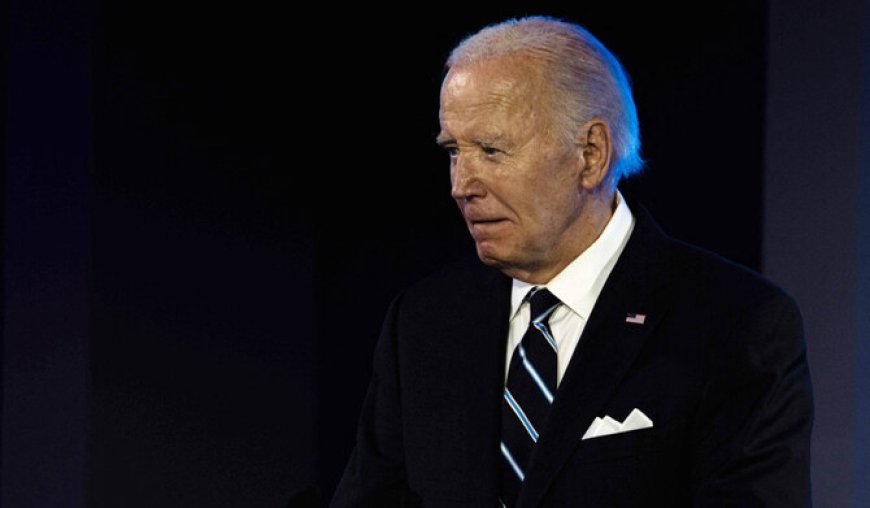Biden's UN Farewell: Cementing a Legacy Amidst Uncertainty
President Joe Biden aims to reinforce his administration’s achievements and secure a lasting legacy during his final address at the United Nations General Assembly, amidst concerns over a potential Trump comeback.

There is a heightened urgency as President Joe Biden gets ready to make his final visit to the United Nations General Assembly (UNGA) this week. His explicit goal is to confirm his legacy against the approaching prospect of a Donald Trump comeback in the forthcoming American presidential contest. Biden's goal focuses on strengthening U.S. partnerships and leadership that may last past his administration, while world leaders fully aware of the consequences of a Trump victory—particularly in regard to his previously isolationist foreign policy—focus on.
Biden's last UN speech follows his announcement to drop from the race and support Democratic nominee Kamala Harris. This 81-year-old president is resolved to make his achievements "irreversible" since he sees his time as a recovery from the turmoil of Trump's government. This covers a broad spectrum of international relations, climate action, and continuous conflicts—most importantly, the wars in Gaza and Ukraine.
Emphasizing the importance of Biden's mission, White House Press Secretary Karine Jean- Pierre said that he promised to bring American leadership back almost four years ago on a worldwide scene. "He will use his UN address to outline his vision for how that should continue and reafford how this approach has produced results for the American people and for the world," she said.
Biden's lately actions mirror this approach. Aiming at strengthening foreign connections weakened by Trump's presidency, he organized a farewell gathering including leaders from Australia, Japan, and India in his birthplace. The government's strategy stands in direct contrast to Trump's, who had threatened to cut off help to Western allies unless their defense expenditure raised.
Regarding climate policy, Biden is eager to generate what his National Climate Adviser Ali Zaidi sees as "irreversible momentum" in addressing climate change, especially after Trump pulled the United States from the Paris Climate Agreement. Unlike his predecessor's measures, Biden's dedication to climate change seeks to have a long-lasting effect.
Another important target is Ukraine; Biden is scheduled to visit President Volodymyr Zelensky to go over additional U.S. aid. This contrasts sharply with Trump's uncertain posture toward Ukraine, which is characterized by respect of Russian President Vladimir Putin.
Biden does, however, have formidable obstacles, especially in the Middle East. Prior to his inauguration in January 2025, his government had as its aim a ceasefire between Israel and Hamas. Rising violence, especially Israeli attacks on Hezbollah strongholds in Lebanon, has nonetheless hindered these attempts and resulted in a humanitarian catastrophe with notable civilian losses.
Biden's speech at the UN would, according to U.S. sources, emphasize the pressing necessity of a truce in Gaza and demand peace all around the area. The worsening circumstances emphasizes how difficult it is to reach diplomatic breakthroughs in an era of increasing conflict.
Stakes are great as Biden works to complete his legacy. Examining his government's achievements with an eye toward the past helps one to show that American leadership on international scene has been rebuilt. Biden's goodbye at the UNGA is a pivotal point for both his legacy and the direction of international relations as the spectre of Trump's comeback looms large over U.S. foreign policy.













































